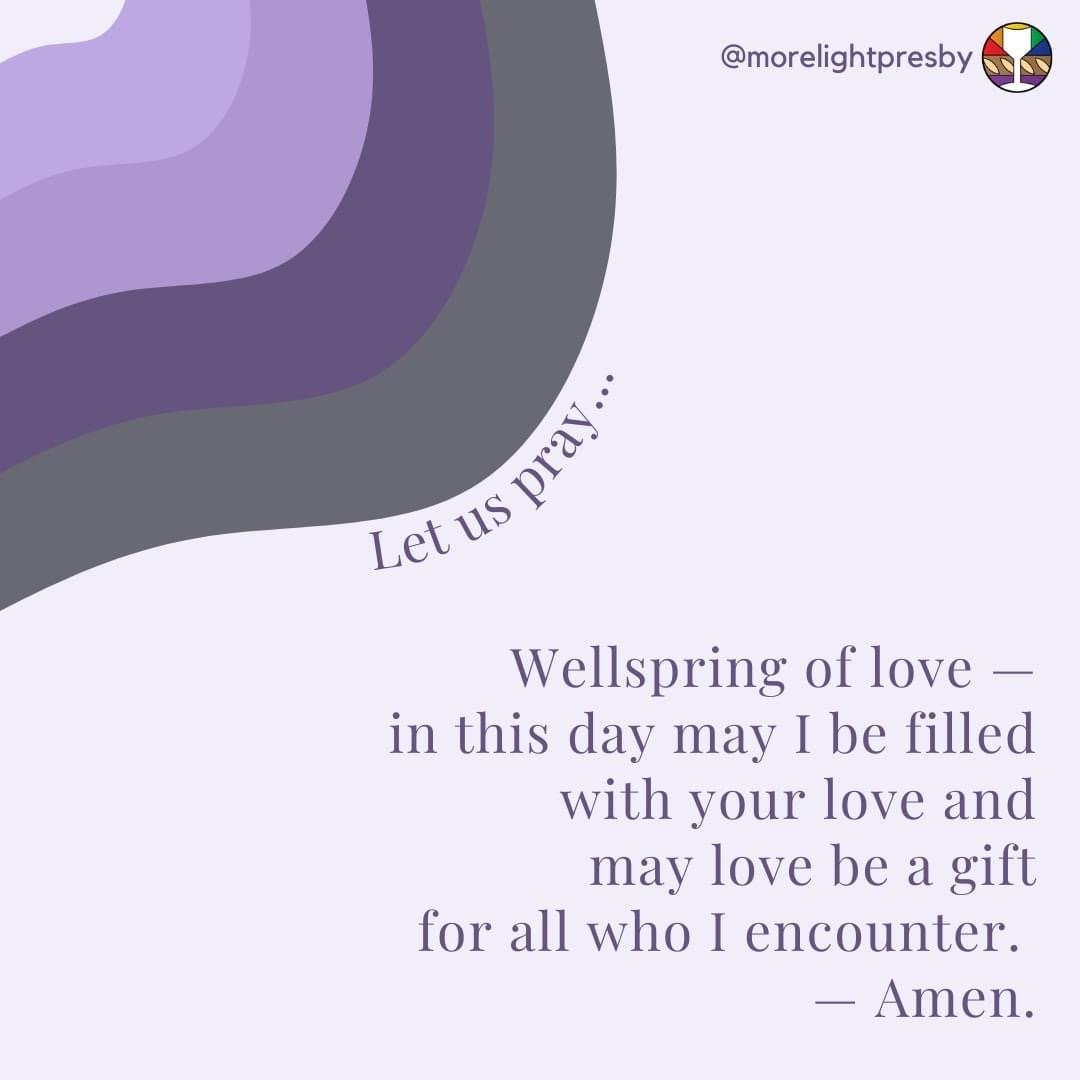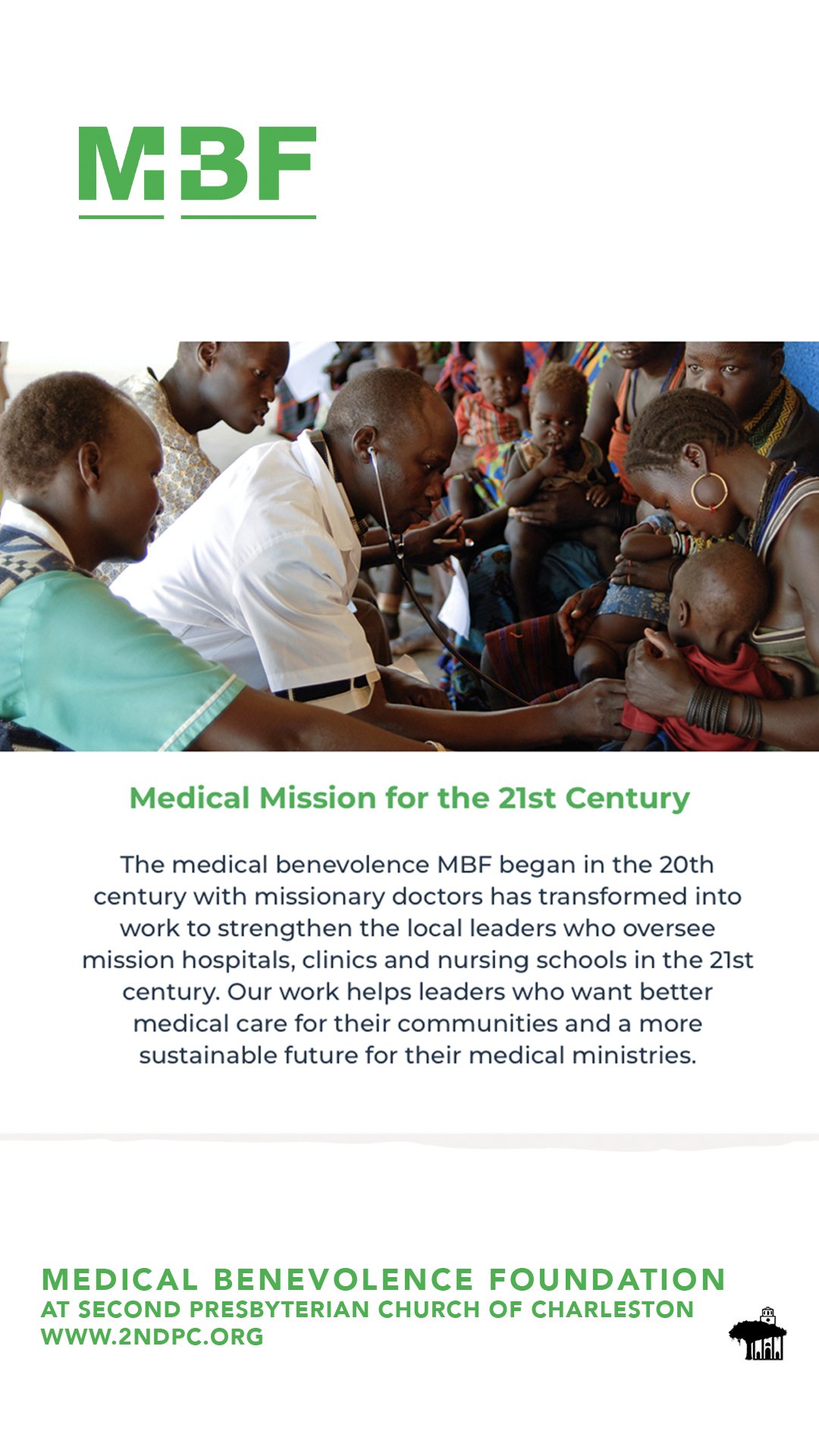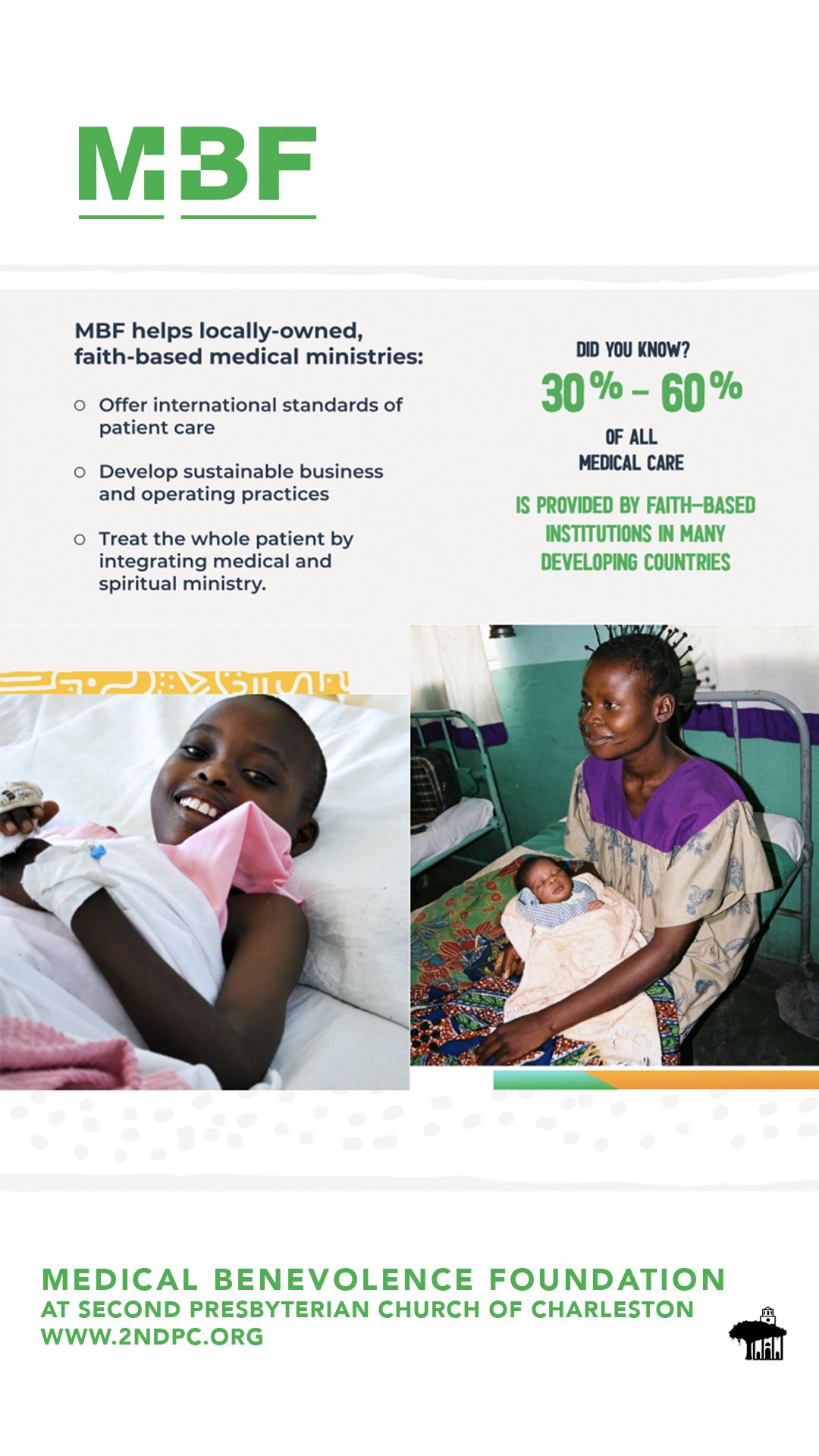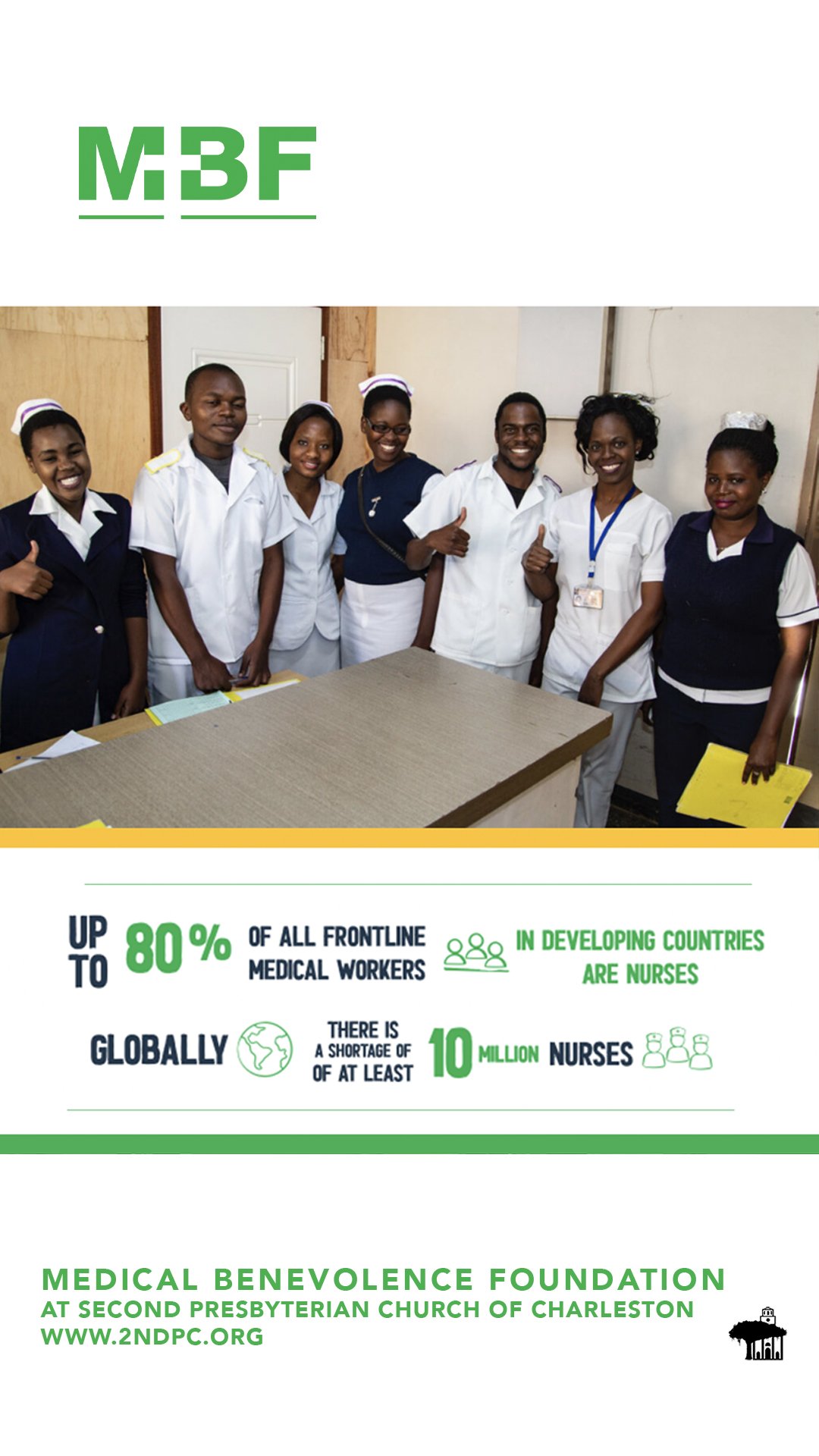Second Presbyterian Church Pride Walk
Saturday, June 25, 2022
Meet at the church parking lot by 8:30 a.m.
Saturday, June 3, 2023
Meet at the church at 8:30 a.m. | Walk at 9:00 a.m.
Pride offers a time to come together in joy and celebration as members and allies of the LGBTQ+ community. We believe everyone is whole, worthy, and loved and should be welcomed into belonging just as they are and we're excited to walk for the third time as a group in the Charleston Pride parade! The Church is not always a source of love and care for marginalized people and at Second Presbyterian, we are committed to be active participants in loving all God's people in the way of Jesus.
SIGN UP HERE
Registration is $20, which helps to cover the group event entry and a group T-shirt, can be paid online at www.2ndpc.org/give, via Venmo (@chs2ndpc), submitted in the offering plate, or delivered to the church office. Please include the description PRIDE with your payment.
Pride Committee Chair: Aled Pritchard, aledpritchard@gmail.com
Questions? Find some resources below.























